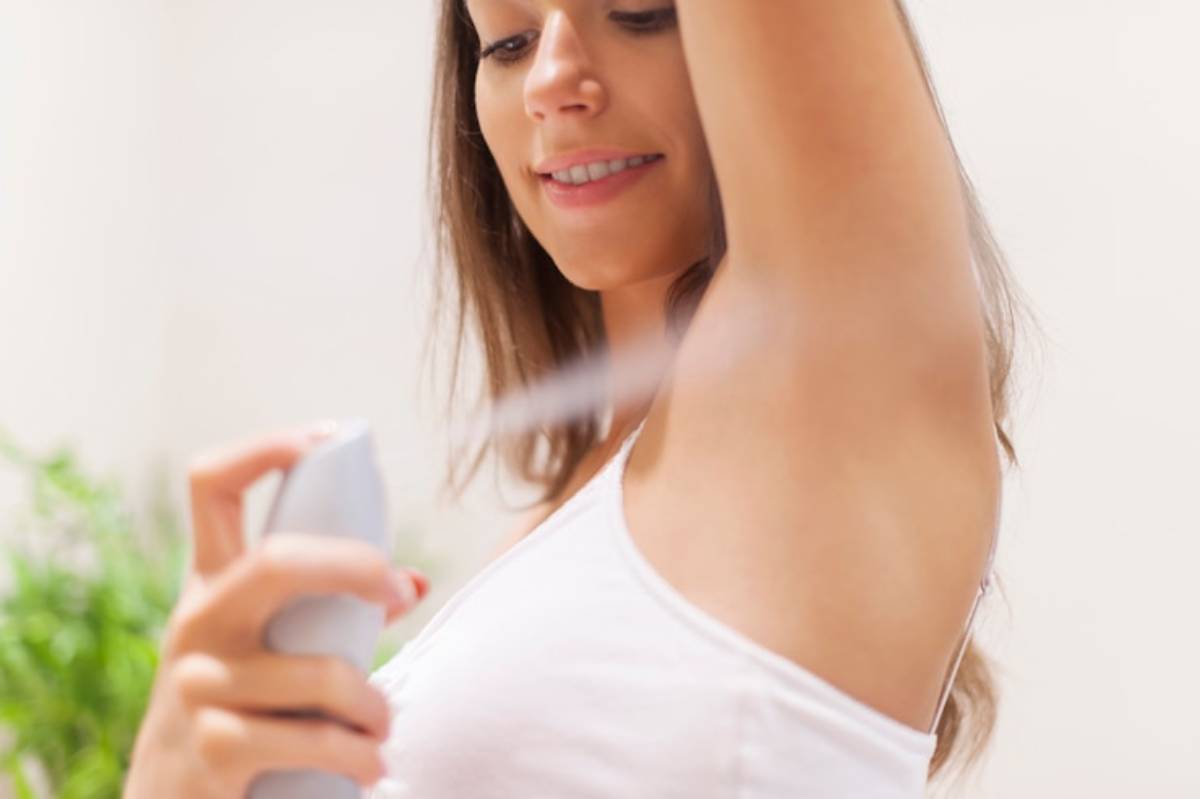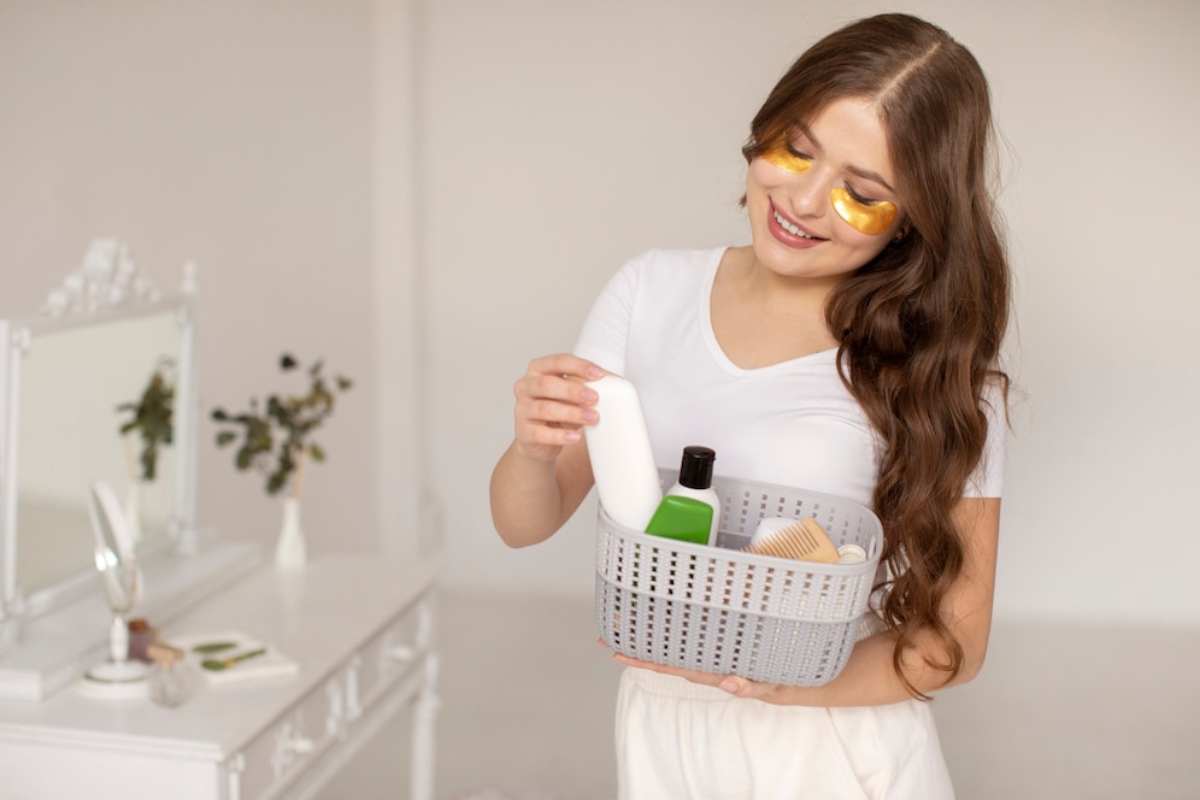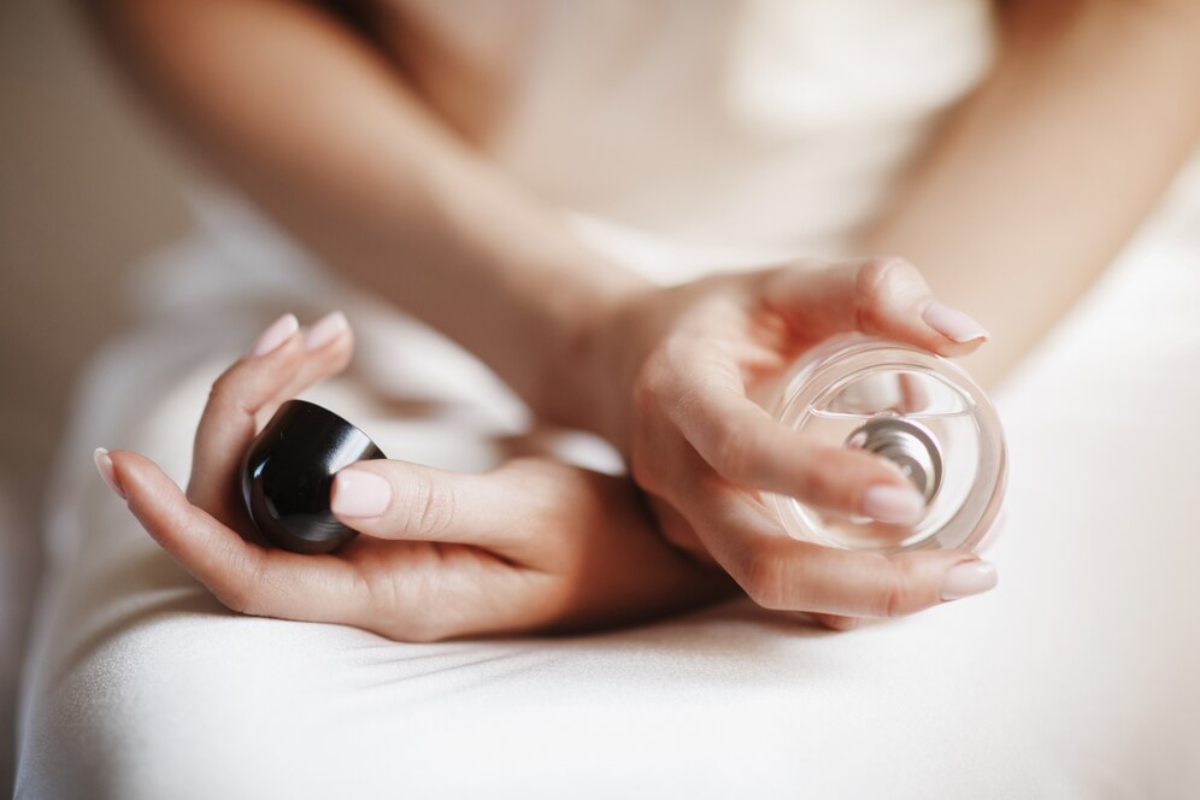
Choosing the Right Deodorant for Tweens
When the Whiff Becomes Real
That moment is special. Your child comes home from school, kicks off their trainers, and gives you a sweaty hug. Now, it’s not just about grazed knees or homework fights. You’re entering the realm of teen body odour. Welcome to puberty.
As a parent, I feel like this stage hits out of nowhere. One week, your child smells like crayons and shampoo; the next, you’re Googling “best deodorant for kids” in a supermarket aisle. It’s natural, it’s normal, and yes — it’s a little awkward for everyone.
This article will help you navigate those first whiffs of body odour with empathy and clarity. We’ll look at why this happens. We’ll also discuss how to talk about it without feeling embarrassed. Plus, we’ll help you pick the right deodorant to boost your child’s hygiene and confidence.
Understanding the Science Behind Tween Body Odour
Why Do Kids Suddenly Smell?
During puberty, usually from ages 8 to 13, children’s apocrine sweat glands in the underarms and groin become more active. This change happens because hormone levels rise. This sweat is odourless until it interacts with bacteria on the skin. Then… wham. The smell.
It’s not a sign of poor hygiene — it’s a sign that your child’s body is changing.
Common signs that puberty has begun:
- Underarm odour after school or sport
- Greasy hair or skin
- New hair growth in the armpits or groin
- Mood swings or emotional changes
Spotting these signals early lets you gently start self-care routines, like using deodorant, in a positive way.
Deodorant vs Antiperspirant: What’s the Difference?
It’s important to understand the distinction when shopping for tween products:
- Deodorants: Control odour by neutralising bacteria. They don’t stop sweating.
- Antiperspirants: Contain aluminium salts that block sweat glands to reduce perspiration.
A gentle deodorant is usually enough for tweens just starting puberty. Antiperspirants may be appropriate for heavy sweaters, but are not always necessary in the early stages.
Some parents prefer to avoid aluminium-based antiperspirants for kids, especially before adolescence. The link between aluminium and health risks isn’t clear. Choosing simpler formulas can provide peace of mind.
When Should Kids Start Using Deodorant?
There’s no universal age — it’s all about readiness and need. Many kids need deodorant between the ages of 9 and 11. Some may need it sooner, especially if they hit puberty early. This early start is called precocious puberty.
Parental Tip: If you notice body odour, don’t wait for your child to mention it. Chances are, they already feel self-conscious. A proactive, calm conversation helps normalise the change.
How to Talk About Body Odour Without the Cringe
Let’s be honest — it’s a sensitive topic. However, with the right approach, it can be a positive teaching moment.
Use humour and empathy:
“It looks like your underarms are growing up before you!”
Share your own memories:
“I remember when I had to start using deodorant in Year 5 — I was mortified at first!”
Keep it low-pressure:
“Your body is changing, and that’s completely normal. Using deodorant is just one small way to help you feel clean and confident.”
Frame it as self-care, not correction. The goal isn’t to shame but to empower.
What to Look for in the Best Deodorant for Kids

When choosing a puberty deodorant, it’s all about gentleness, safety, and effectiveness.
1. Aluminium-Free Formulas
Choose natural deodorants without aluminium salts, especially for kids.
2. Fragrance-Free or Lightly Scented
Strong perfumes can irritate sensitive skin, and some tweens are sensitive to overpowering smells.
3. No Harsh Chemicals
Avoid products with parabens, phthalates, triclosan, or alcohols that may dry or irritate skin.
4. Dermatologist-Tested or Hypoallergenic
Good options are often labelled suitable for sensitive skin or tested by dermatologists.
5. Clear or Non-Staining
To avoid those classic white marks on uniforms or PE kits.
Best Deodorant Options for Tweens in the UK
Here are some parent-approved, dermatologist-recommended choices readily available in British shops or online.
Salt of the Earth Natural Deodorant
- Aluminium-free, natural mineral salt
- Comes in spray, roll-on, and crystal stick forms
- Scented and unscented versions
- Bonus: Vegan and eco-friendly
Mitchum Women Natural Power Roll-On
- No aluminium, alcohol or parabens
- Light cucumber scent
- Long-lasting but gentle
Bionsen Caring Touch Deodorant Roll-On
- Suitable for sensitive skin
- Paraben- and aluminium-free
- Subtle, clean scent
Pitrok Crystal Deodorant Stick
- Long-lasting protection
- Made from natural mineral salts
- Fragrance-free, no aluminium chlorohydrate
Let your child help choose — picking a scent or packaging they like makes them more likely to use it daily.
Building a Hygiene Routine Around Deodorant
Introducing deodorant is a great gateway into broader hygiene conversations. Consider it a “bundle deal” and guide your tween through a simple daily routine.
Daily Tween Hygiene Checklist:
- Shower or bathe daily, especially after sports
- Change socks and underwear daily
- Wash underarms properly (soap + water)
- Dry thoroughly before applying deodorant
- Wear clean clothes to school or clubs
What If They’re Still Smelly?
If you notice a persistent odour despite regular use of deodorant, here are a few things to check:
- Are they applying it after washing and drying?
- Are their clothes clean and sweat-free?
- Are they reapplying after sport or intense activity?
Sometimes, hormonal changes cause odours that are harder to manage. If it’s hurting your child’s confidence or social life, talk to your GP. They can check for any underlying issues, like bromhidrosis or fungal infections.
Managing Puberty with Sensitivity and Support

Tweens go through many changes. They deal with mood swings growing pains, and identity shifts. Body odour is just one part of this challenge. Your role is to offer tools, reassurance, and a listening ear.
Encouragement over enforcement
It’s okay if they forget to apply deodorant now and then. Avoid nagging. Instead, link hygiene with positive feelings: comfort, confidence, freedom from embarrassment.
Normalise, normalise, normalise
Remind them that everyone goes through this. That their mates are likely going through the same thing, even if they’re not talking about it yet.
Conclusion: Helping Your Child Step Into Self-Care
Picking the right deodorant for your tween may seem minor, but it’s a big step toward their independence. This is their first chance to take care of their hygiene. Your support really helps.
Using kindness, education, and a bit of humour, you help your child accept change confidently. Whether it’s after PE or before a school disco, they’ll be armed with the tools (and smells!) to feel fresh, clean, and proud of their growing body.
Let’s keep the conversation going! What deodorants have worked for your child? How did you approach the topic of body odour? Leave a comment below. Your experience could help another parent with this journey.


